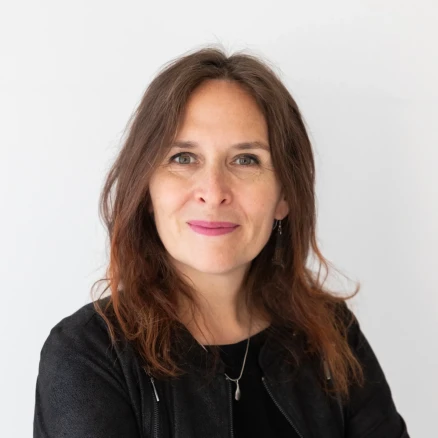Sustainable Ostrobothnia as a Forerunner
- Project time: 1.7.2023–31.12.2024
- VASEKs total budget during project time 147 514 euros
- Project partners: Vaasa Region Development Company VASEK, Concordia, Dynamo Närpes, Kristiinankaupungin elinkeinokeskus


Finland aims to become a carbon-neutral society by the year 2035, where a circular economy forms the foundation of a thriving economy (Carbon neutral Finland - National Climate and Energy Strategy). This sets significant demands for the entire society and has a profound impact on companies.
In this project, we aim to create the conditions for a competitive, attractive and sustainable Ostrobothnia, focusing particularly on small and medium-sized enterprises (SMEs) that will feel the effects of these new requirements in the near future. The goal is to primarily assist small and medium-sized enterprises, including those that currently operate as subcontractors for larger and more advanced companies.
From experience, we know that SMEs often lack the time and resources to stay informed about these matters, and it is challenging for them to independently prepare for the set requirements. The project is needed to address the needs of these SMEs by helping businesses prepare and get ready for the imposed requirements, enabling them to remain competitive and preferably at the forefront of development.
Green transition
In a sustainability transition, the first step is information. To make our SMEs and subcontractors global leaders in the green transition, actions based on an understanding of the significance of the green transition for businesses are required.
It all begins with identifying the driving forces and opportunities of the green transition. Through this project, we provide information about tools that promote the transition and regulations that impose increasingly stringent requirements on businesses. We organize webinars and seminars to ensure that companies receive accurate and research-based information on this multifaceted topic. We also explore new methods to reach businesses, including various focus groups, virtual/regional sustainability forums, discussion platforms, benchmarking meetings, and other types of networking, which also garnered international interest in the fall of 2022.
Future business models
The green transition poses several demands and requires new ways of thinking. It is becoming increasingly important for businesses to consider how the transition to a circular economy and innovative business models will take place.
To reduce the use of virgin raw materials and the consumption of resources and energy, new business models are crucial and integral to a company's transition efforts. We assist businesses by presenting good examples and innovative, established business models.
Sustainable Ostrobothnia
Over the past year, the work being done in Ostrobothnia has begun to attract attention at the European level. As investors show a growing interest in sustainable investments and innovations, Ostrobothnia may become a hub for sustainability, circular economy, and innovative activities.
Particular attention is paid to showcasing pioneers and profiling Ostrobothnia as the most sustainable region in the Nordic countries. To ensure credible communication, the work done must also be quantitatively measured, and data must support it. The results of companies/region should be communicated and packaged in sustainability reports.
The primary objective is to create a communication strategy and an annual plan for communicating Ostrobothnia's international visibility and to establish visibility in a few international networks and conferences.

- Green Skills Vaasa








